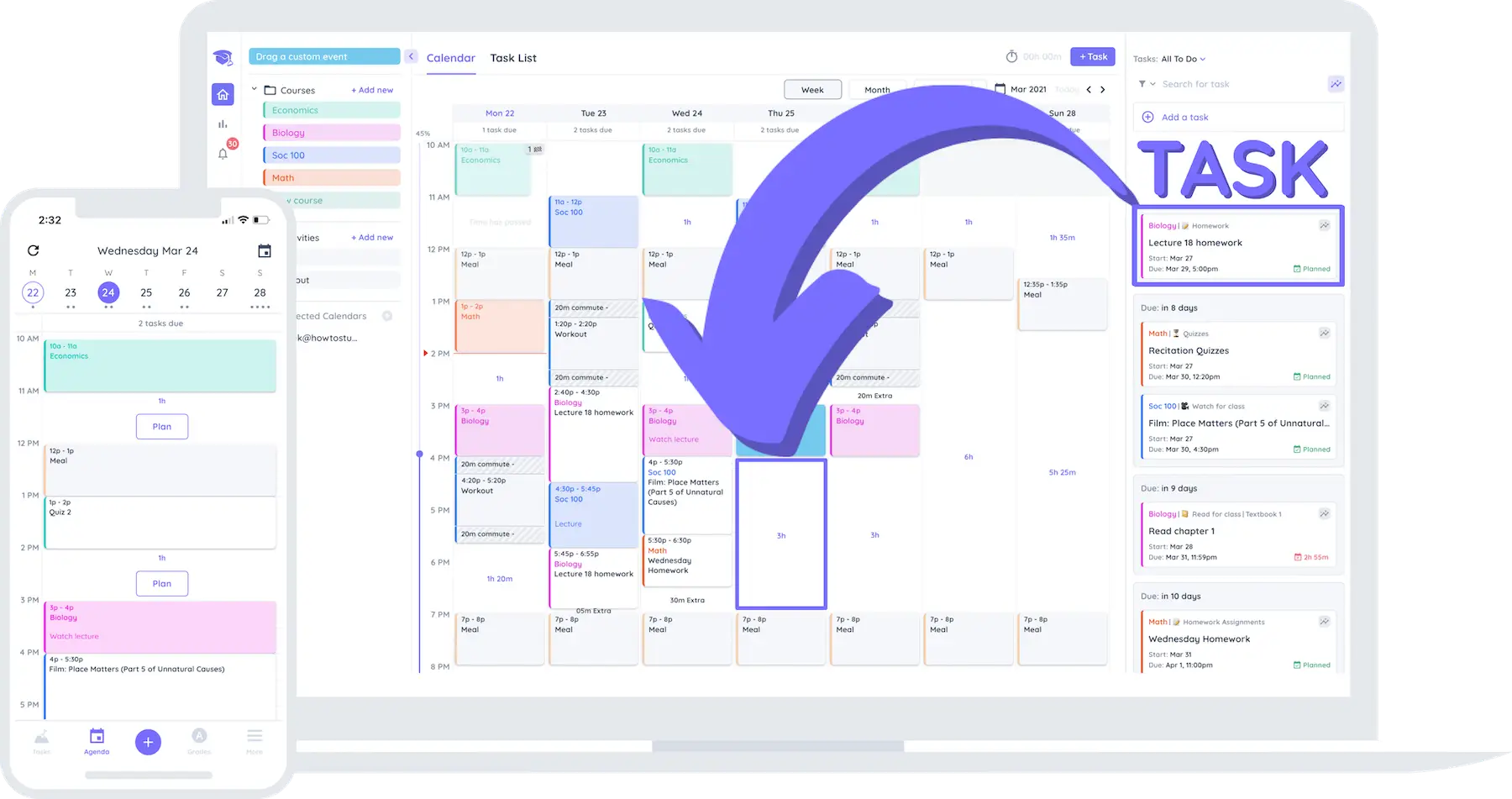The college admissions process can be exciting, stressful, and mystifying for students and parents alike. There’s the anxiety over grades, test scores, college rankings, finances, and the more subjective questions of fit and preference. As a parent, how can you nurture your child’s dreams—whether they be ivy covered quads, athletic achievement, or a gap year of adventure and personal growth—while managing your own hopes, expectations, and worries? As a student, how do you prepare yourself, academically and emotionally, for gaining admission to, and then choosing, the college of your future?
Karrie Shroyer, a mother of two who spent eight years guiding her children through college applications, a gap year, and a transfer, has devoted herself to helping other parents navigate this daunting process. A member of The Minnesota Association for College Admission Counseling, the National Association for College Admission Counseling, and an accredited Independent Education Consultant, Karrie offers her college counseling services through her organization Thinking College. Thinking College holds monthly meetings for parents to share resources and learn from Karrie’s expertise, and offers other helpful resources through the organization’s blog and website.
At Yellow Parachute, we are always looking for ways to better support the dreams and passions of the students and parents we work with, so of course we jumped at the chance to sit down with Karrie.
One of Karrie’s top tips? Whether you’re freshman just relieved to make it through your first year of high school, a senior preparing to begin college in the fall, or the parent of any college-bound high-schooler, use what is left of this spring and summer for reflection, research, and preparation. With tests perfected and college essays drafted, students can enter the school year feeling more grounded and prepared for the whirlwind of this exciting, life-changing process.
Here are a few actions parents and high school students can take to prepare themselves for the college admissions process. While we’ve organized this list by years, Karrie reminds that there is no one perfect timeline for a student’s journey to college. Take these suggestions as they are useful to you and your family, wherever you are in the process.
FRESHMEN: The first year of high school is nearly complete. Congratulations! Both parents and students have learned about what it takes to be in high school. Here are some ideas for continuing the learning process and getting a head start on the college process.
- Daydream: Much of the stress that families feel during the college process comes because they wait until the student’s junior year to start learning about finances, college selection, majors, etc. The summer after a student’s freshman year is the perfect time to begin learning and dreaming on an unpressured timeline. Consider picking up a college guidebook to browse beachside. Journal, make lists. Ask yourself and your family what you want and need in a college. See some of our favorite college search resources and thoughts on the process at Thinking College.
- Financial Planning: Parents can benefit from starting to familiarize themselves with the FAFSA form ( Free Application for Federal Student Aid) and its requirements. While the FAFSA is officially submitted when your student is a senior, you will need to provide financial data that goes back to January of the student’s sophomore year. If there are changes you wish to make in your financial picture (sell stock, change accounts, alter investments, etc.), they should be made prior to January of your student’s sophomore year.
- Testing: Freshmen who have completed Algebra 2 can consider taking the ACT to get in some good, low-pressure practice. (See testing actions for sophomores, too.)
SOPHOMORES:
- Testing: Taking the ACT early gives students a baseline sense of their scores while they still have plenty of time to address any gaps and challenges. Other students may prefer the SAT. Sophomore year is a great time to take both tests to see which style of best suits the student. Then junior year, students can complete practice tests, enroll in test prep courses, or hire a private tutor to perfect their performance on the test they prefer. (Expert Tip! Students and parents should also consider taking advantage of the Testing Information Release option available on December, April, and June ACT tests: for a service fee, students can request their answer sheet and test booklet, giving them an opportunity to learn from their mistakes and improve future test scores. The SAT also offers a Question-and-Answer Serviceon some test dates.)
- Research: The sophomore summer is the perfect time to dig in a bit more into the college search. Students can take the time to reflect on what types of colleges they might prefer: state university or liberal arts college? Urban or rural? Strong science or strong performing arts? Pick up a copy of Colleges That Change Lives to consider questions beyond ranking and admission stats. Dream about your ideal college experience. Going on a road trip? Why not swing by a couple of schools on the way to get a taste of available options?
JUNIORS: You’re coming to an end of a big and busy year. Take a moment to celebrate all your hard work, and then consider making time for the following four steps which will help prepare you for success in the college admissions process, and make your senior year a lot less stressful.
- SAT Subject tests. Some colleges, generally private but not always, like and even require SAT subject test scores on the college application. Two testing dates remain this year: May 5th and June 2nd. An advantage of the May 5th date is that it’s close to AP testing. Some students appreciate only having to study for the one timeframe. Others feel less pressure by spreading the tests out.
- Teacher Recommendations: All students applying for college will need teacher recommendations. Spring is a great time for students to approach teachers and ask them if they would be willing to write a recommendation. The teachers likely won’t write them until the fall but letting them know in advance that you want their recommendation will help ensure that the teachers have time to accommodate you. In general, recommendations should be from the core classes but there are always exceptions. Are you looking to major in the fine arts? A foreign language? If there is a certain teacher that you really connected with, that will shine through in a recommendation.
- Common App: Students and parents, if you haven’t already looked through the Common App, now is a good time to start. Check the website to see which colleges use the Common App, and take a look at the admissions requirements of the schools you know you want to apply to. Getting a handle on the number and types of applications you will have to fill out will help you feel more prepared come deadline time.
- Essays: Summer is a great time to work on application essays. There are Common App essays and college-specific essays. First, determine exactly which essays are required for the colleges of interest. Then, you can start brainstorming and drafting with plenty of time to show drafts to parents, teachers, and college counselors before classes and application deadlines hit in the fall.
SENIORS:
- THE DECISION! Seniors generally need to make their decision by May. It is exciting and scary. A time for gut-checks, pro-con lists, and conversations with parents, teachers, and friends. Once you’ve made your decision, give yourself time to celebrate and spend quality time with family and friends, especially if you’ll be traveling far from home for college. It can be a bittersweet time for the whole family, but acknowledging the difficulty while celebrating the change can help ease the transition for everyone involved.
Thanks to Karrie for taking time to share this great intel with YP! Looking for more resources? Check out Thinking College’s monthly meetings! Thinking this summer is a good time for test prep? Contact us about how we can help.









